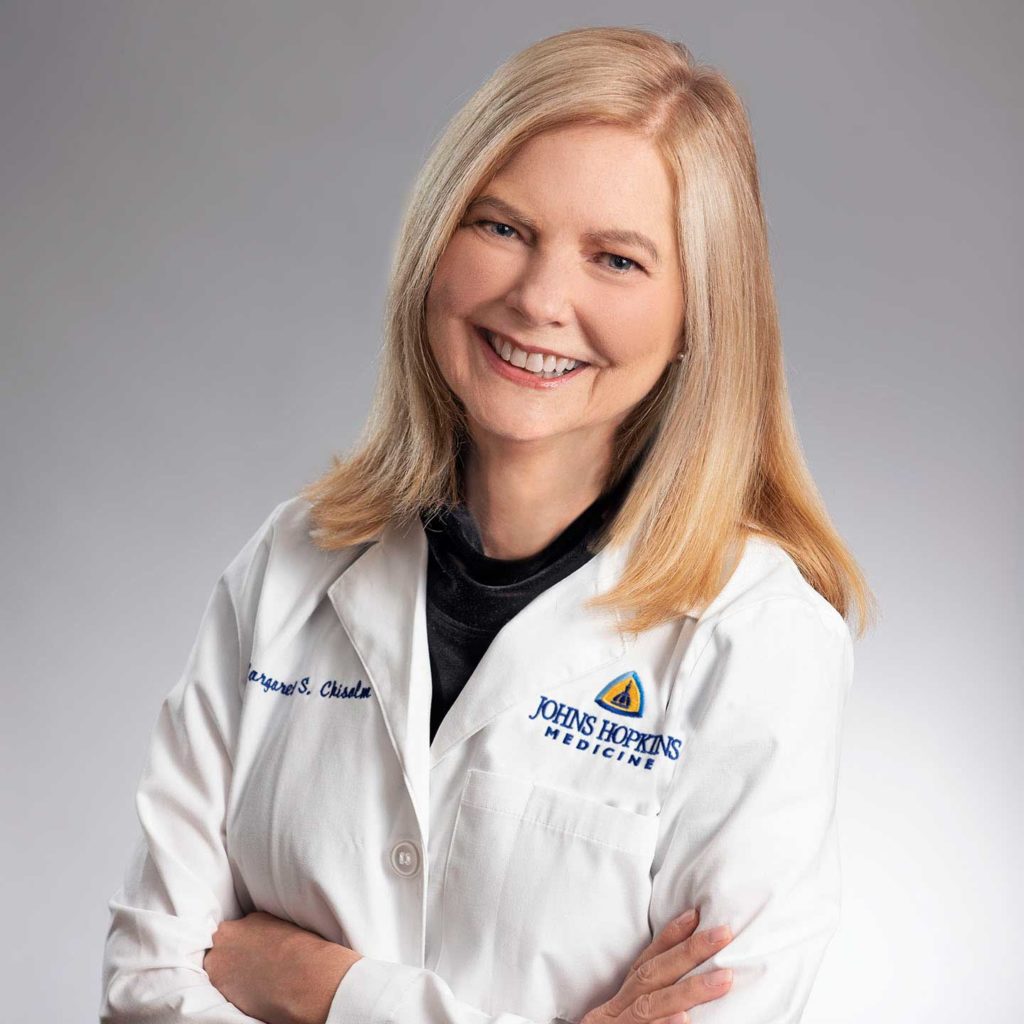Takeaway
To take care of themselves, their mentees, and their patients, academic clinicians should stop working routinely nights, weekends, and during vacations.

Lifelong learning in clinical excellence | September 19, 2023 | 3 min read
By Margaret Chisolm, MD, Johns Hopkins Medicine
“Please know that I honor and respect boundaries around personal time, well-being, and time off. I may send or respond to emails outside regular work hours, but there is no expectation for you to do the same.”
So ends the email signature of a colleague of mine at another university. It’s a message that I appreciate. However, I sometimes wonder—because this statement is coming from a leader at a prestigious academic medical center—whether the message intended is indeed the message received. Might a junior faculty member, instead, perceive a “hidden” message that the kind of person who is successful in academic medicine is the type of person who sends or responds to emails outside regular work hours, even though it’s not expected of them?
As a junior faculty member, no one ever excused me of responding to the multitude of emails I received well after the “close of business” on weekday evenings (unless one’s place of business is a 24-hour diner) and on weekends. And—even if they had—the behavior they modeled to the contrary spoke volumes. Hafferty et al have defined the “hidden curriculum” as “the attitudes and values conveyed, most often in an implicit and tacit fashion, sometimes unintentionally, via the educational structures, practices, and culture of an educational institution.”
What attitudes and values do we convey to junior faculty when we send emails after hours? And—perhaps equally importantly—are these the kind of attitudes and values we want to nurture in ourselves? In writing this, I’m not pointing fingers: I’m looking in the mirror and reflecting on who I want to be and what I want to model. I don’t want to be a “Do what I say, not what I do” mentor. And most likely neither do you.
Although I stopped “working” in the evenings and weekends several years ago, I confess that I still perform what sometimes seems like my primary occupational function, writing and responding to emails, after hours. But, just as I vowed to no longer spend my evenings and weekends writing papers and grants, I now promise to no longer send or respond to emails after hours.
In addition to the benefit to ourselves and those who look to us for guidance, not working on evenings and weekends will obviously make us more available to our family and friends. It will also be likely paradoxically to make us more impactful in our work.
And, speaking of vacations, how many of us not only check EPIC and email on vacation, but also work on our promotion packages and grants and manuscripts on the weekend? As a former co-chair of a School of Medicine promotions committee, I found that the winter holiday was not only Santa’s busy season, but mine. It was the time when I received the most requests to review promotion letters and CVs prior to submission. So, let’s also expand the After Hours work prohibition to include vacations, in addition to evenings and weekends.
To be sure, busy clinicians will say that is when they catch up on their medical documentation (an observation that is supported by EPIC analytics—with Saturday night being one of the busiest times for chart completion). And excellent patient care requires completed medical records. But supporting a broken system by working into the night and over the weekend and while on vacation is a recipe for burnout and the resultant mass departure of physicians from primary care and other specialties doesn’t help patients.
So, let’s take care of ourselves, our mentees, and our patients and stop working After Hours.
This piece expresses the views solely of the author. It does not necessarily represent the views of any organization, including Johns Hopkins Medicine.

